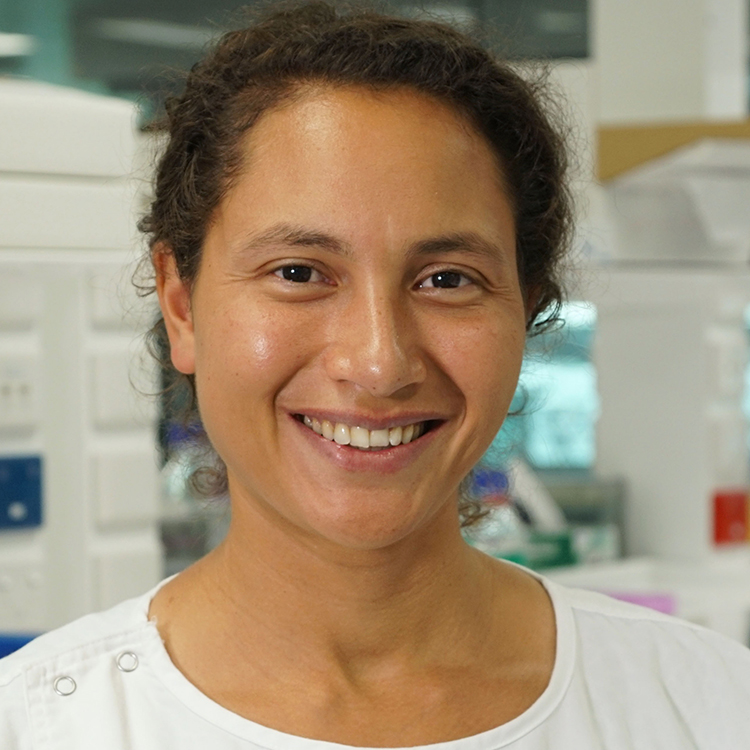Search

All students enroll for their degree through a university and undertake their research at the Institute under the supervision of an Institute researcher.

The Kids Research Institute Australia provides students with several opportunities to meet other students and staff members, develop professionally and personally, and have a say in student services and the student experience.
With the support of the Hector family, The Kids Research Institute Australia has established the Peter and Anne Hector Award to support an exceptional new student (Honours, Masters, Doctor of Medicine) undertaking translational research in Aboriginal children’s health and wellbeing.
Honours/Masters scholarship - now open Applications are open for our Honours / Masters Scholarships with the purpose of providing funding for
Explore the training and resources offered by The Kids.

Following a youth community forum held in March 2016, The Kids Research Institute Australia established the first Youth Advisory Group to ensure that the research conducted about young people at the Institute, is influenced by young people.

If you have a question related to The Kids Research Institute Australia, we'd love to hear from you. Reach out and contact us today.

Honorary Research Associate

Microbiome Research Fellow

PhD Candidate
